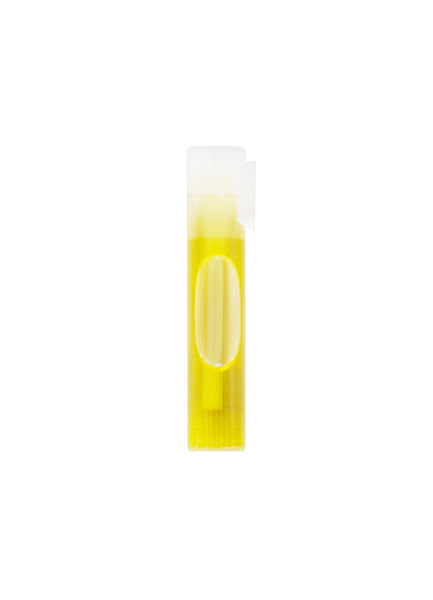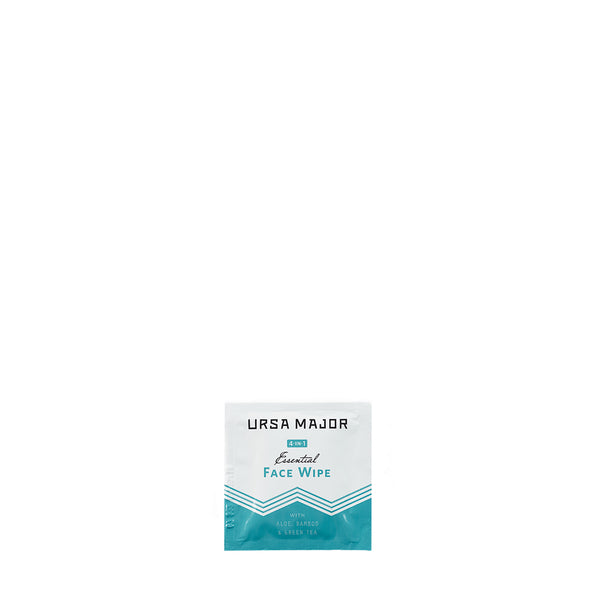Recent Articles
A clear link between air pollution and accelerated skin aging has been demonstrated in a number of studies in recent years, prompting prominent researchers to make such statements as “traffic pollution is emerging as the single most toxic substance for skin.”
We know: gasp. So when the UN revealed that its theme for World Environment Day in 2019 was air pollution, we thought it was time to start talking about its effects on the skin. The first expert we asked to share her point of view was Anne Dupouy-Camet, the Parisian pharmacist, skincare researcher, and chemist who created the culty brand BioRecept — and who happens to have been talking about pollution and skin with her colleagues long before that landmark study appeared. The French, as usual, just seem to somehow know things before we do.
Ayla: In 2014, the Journal of Investigative Dermatology published a landmark study linking air pollution to fine lines and hyperpigmentation. But French brands seem to have been the first to focus on this issue, introducing anti-pollution products years before that study came out.
Anne: Yes, the effects of pollution are frequently discussed in France, in fact! Pollution truly is a problem for the skin, because the epidermis is a particular target for pollutants — smog that affects skin’s barrier and particulate matter that gets into the pores. These pollutants trigger oxidation and inflammation of the skin. As a result, we often see skin that is dull, reactive, sensitive and red, or dry with a tendency towards acne — not to mention prematurely wrinkled, with an uneven skin tone.
Handling other causes of aging, like UV exposure, is simpler; we simply seek out creams with some sun protection. But when pollution is involved as well, those who are more frequently exposed to the sun have an even greater risk of experiencing hyperpigmentation.
Ayla: Tell us more about dullness, which seems to be a skin concern that is frequently linked to pollution as well.
Anne: Yes — in general, pollution and impurities that settle on the skin can lead to an uneven skin tone and a dull, almost gray look. And that dullness can be a larger problem if one is also exposed to cold weather, poor diet, a lack of sleep, or simply stress, as many of us are. In the presence of any of these factors along with pollution, the quality of the skin can become further diminished.
Ayla: What do you suggest to address dullness and the effect of pollution on the skin?
Anne: Masks like Lumière de Peau are excellent treatment solutions. It’s also always important to wash the face, morning and evening, in order to properly cleanse skin of pollutants. Mousse de Peau was designed specifically to penetrate into the pores to remove not only excess sebum but also dirt and particles.
To brighten the skin and even skin tone, I frequently recommend products containing Vitamin C to be used in conjunction with richer creams like Booster Bio. Deeply moisturizing creams can truly help repair and hydrate the skin.
But it is important as well to remember daily sun protection: whether it’s winter or summer, UV rays still reach the earth and it’s necessary to protect your skin constantly.













